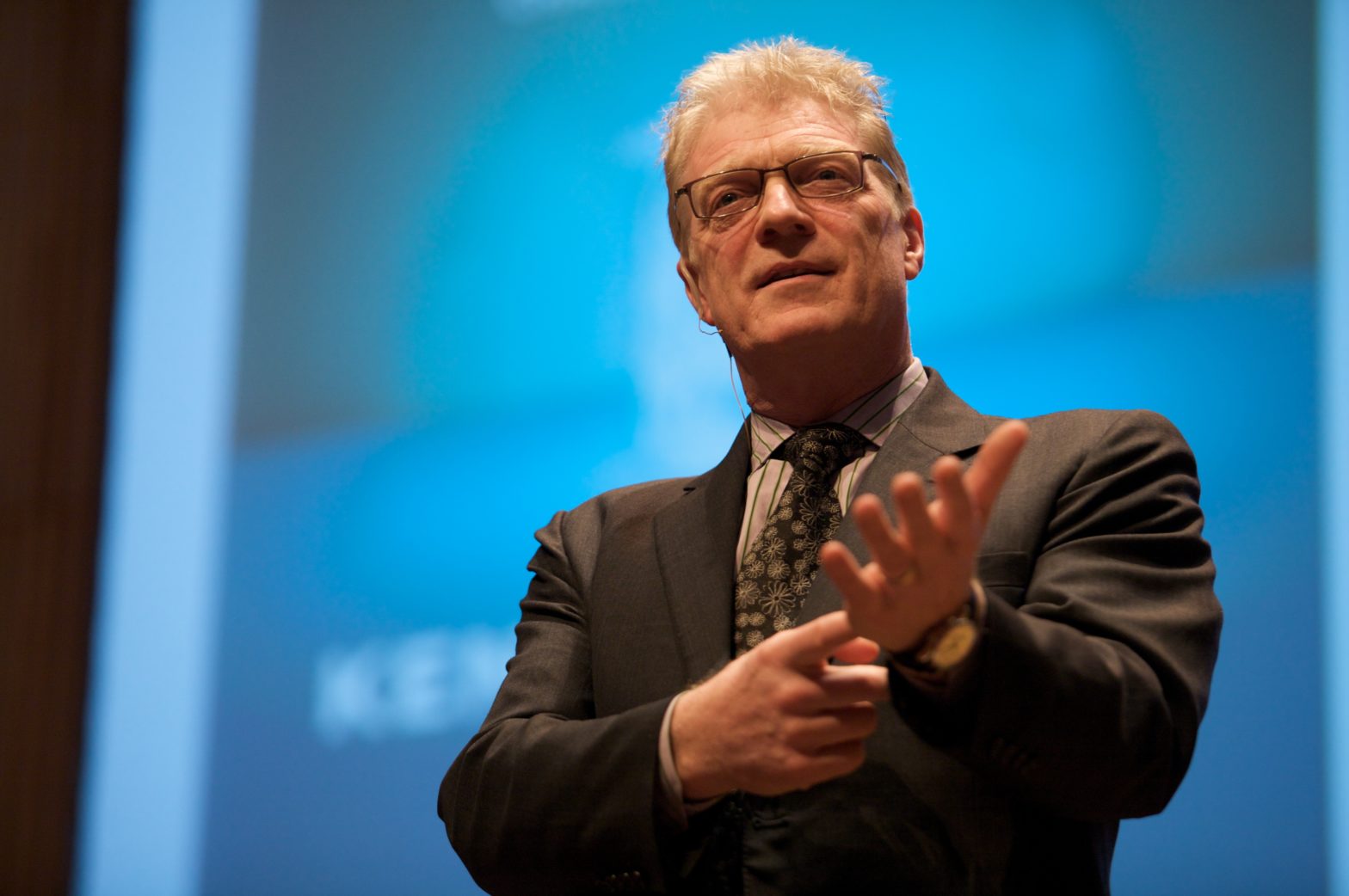
Post by India Implementation Lead, Prasanth Nori
Bengaluru, August 2020
On the 21st of August, 2020, we lost author and educator, Sir Ken Robinson. One of the most extraordinary minds of our times, his work focused on creativity and innovation. He is most popularly known for his 2006 TED Talk – “Do schools kill creativity” where he was critical of contemporary education, a topic that widely resonated with people around the world. The talk went on to be watched over 65 million times around the world, becoming the most viewed TED talk of all time.
At the core of his philosophy, he believed that creativity and imagination are essential to living and thriving in a rapidly changing world. To celebrate his work which remains as relevant today as ever, let us reflect on a few things he taught us about creativity, intelligence, and education.
- Education is outdated: When he looked at education systems around the world Sir Ken noticed a uniform, outdated, organizational culture and intellectual culture in schools and colleges. The organizational culture of mass education is founded on creating good assembly line workers who could operate and thrive in a manufacturing driven, industrialisation era of the world full of timetables and instructions. The intellectual culture is built on the ideas that academic ability is largely theoretical and scholarly. As Sir Ken writes in his book ‘Out of Minds’, school systems are a collection of rituals and habits that do not reflect the diversity of talents and abilities of students who attend them. Education systems must reorganize themselves to educate children for the future, where individuals who thrive need to be able to harness their creativity, imagination and actively apply their learning to improve the world around them. The organizational and intellectual culture of education needs to be radically reimagined.
- Children are natural learners: In the first few years of life, all children learn at an exponential pace. They learn about the world they live in, the human beings around them and about their place in all of this. We see children learn language, motor skills, speech, games and more much before they formally step into a school. Sir Ken in ‘Creative schools’ elicits that children have a wide range of natural aptitudes, interests, passions and strengths. Children learn at different rates and with different motivations. They have a natural, innate rhythm of learning. However, in our mass education system, there begins a mismatch in the child’s inherent ability to learn and the school’s ability to teach to that rhythm. We mistake this for the child not learning. A great analogy that Sir Ken provides is one about Shoes. “If your shoes hurt you don’t polish them or blame your feet; you take the shoes off and wear different ones.” The next time we think a child is not learning, we must take a pledge to look closely and critically at improving and modifying the learning conditions around the child and not just blame the child.
- To be creative is to be human: As individuals, we are active creators of our lives through our choices, our perspectives, our talents, and our passions. Some of the world’s greatest inventions and the worst tragedies are all products of human creativity. Sir Ken in his writings points at the idea that being creative is central to human cultural progress. But as we progress more, we create newer challenges from discrimination to climate change. Ironically, the only solutions to combat these challenges must also come from carefully cultivated human creativity. Instead of suppressing creativity and bringing unforeseen consequences to the forefront, it is crucial that our education systems carefully mold creative individuals who hold a greater sense of empathy and purpose to the world around them.
Since his talk in 2006, the world has unrecognizably changed. In the wake of rapid changes in healthcare, the internet, and inequity we are faced with unprecedented challenges. Challenges that require us to read, learn, re-read, and apply Sir Ken Robinson’s work to mold future generations that are capable of adaptive, empathetic citizenship.
At the Playful Journey Lab, we recognize these lessons and actively work on re-imagining educational assessments and the development of future-ready skills through a wide range of different projects impacting student learning across the world. We are confident and hopeful that Sir Ken Robinson’s work lives on in the work of not just us, but the millions of educators, parents, and students around the world working tirelessly to transform learning.
Here’s to you, Sir Robinson.

